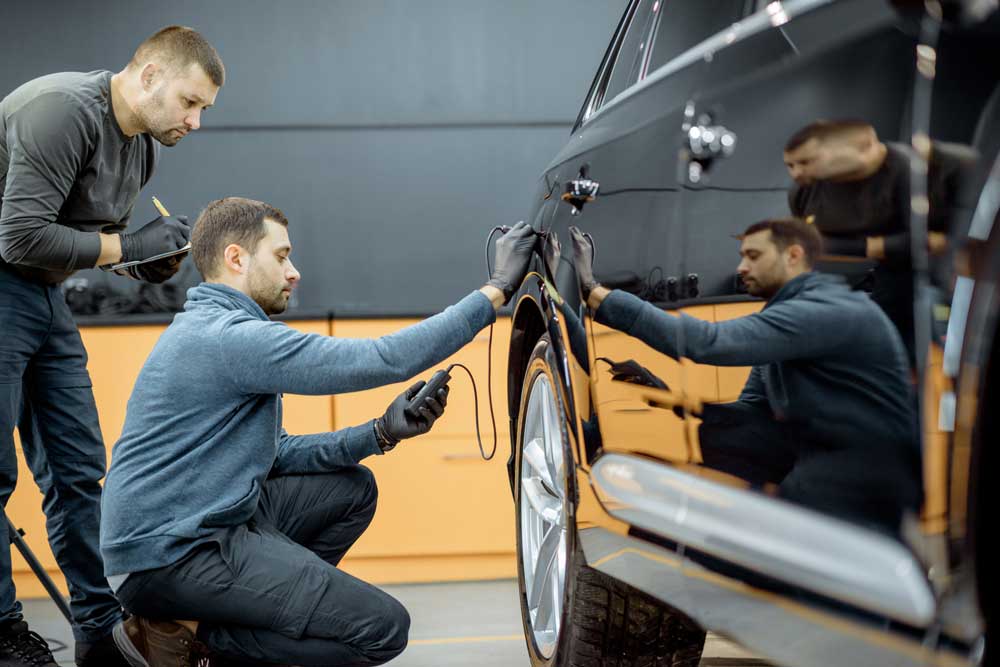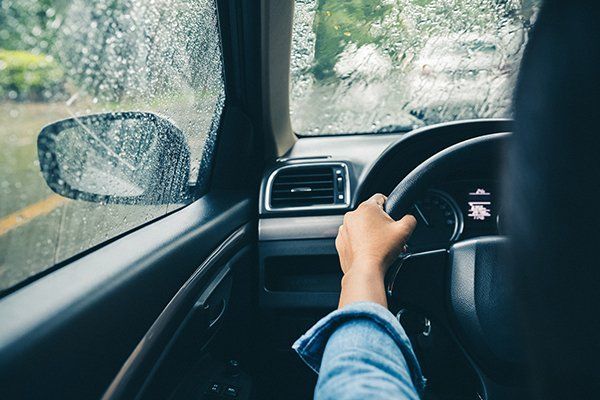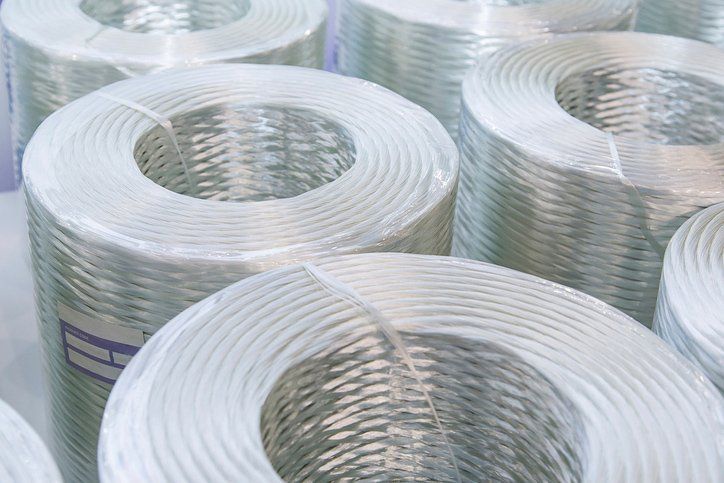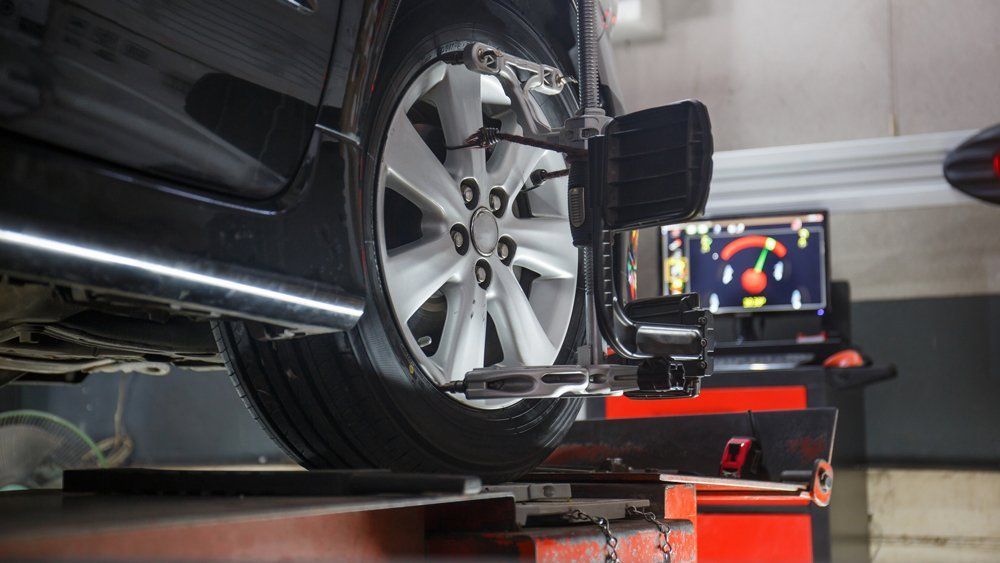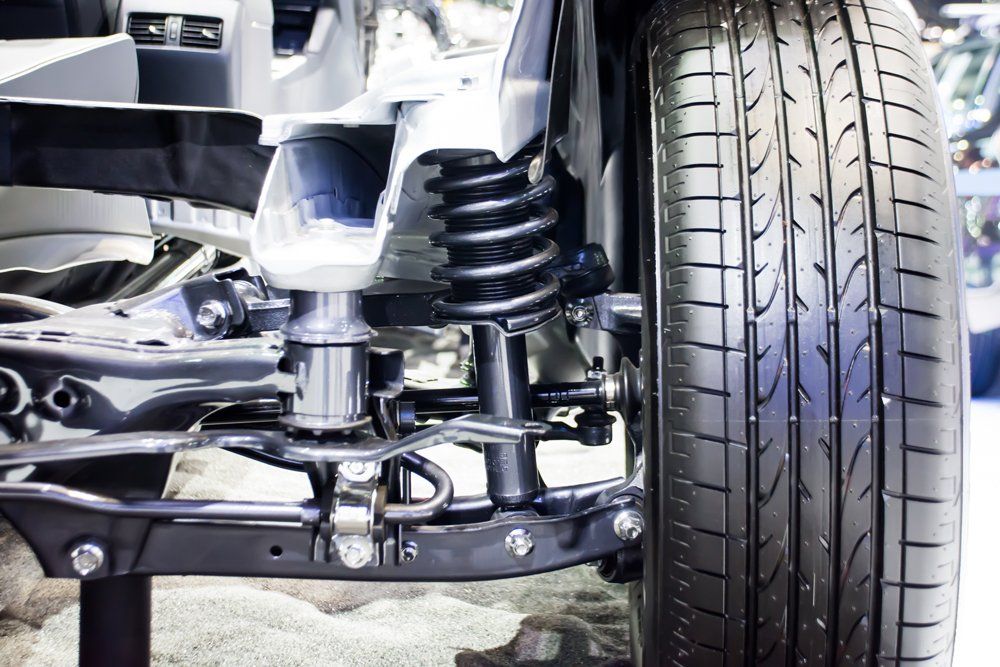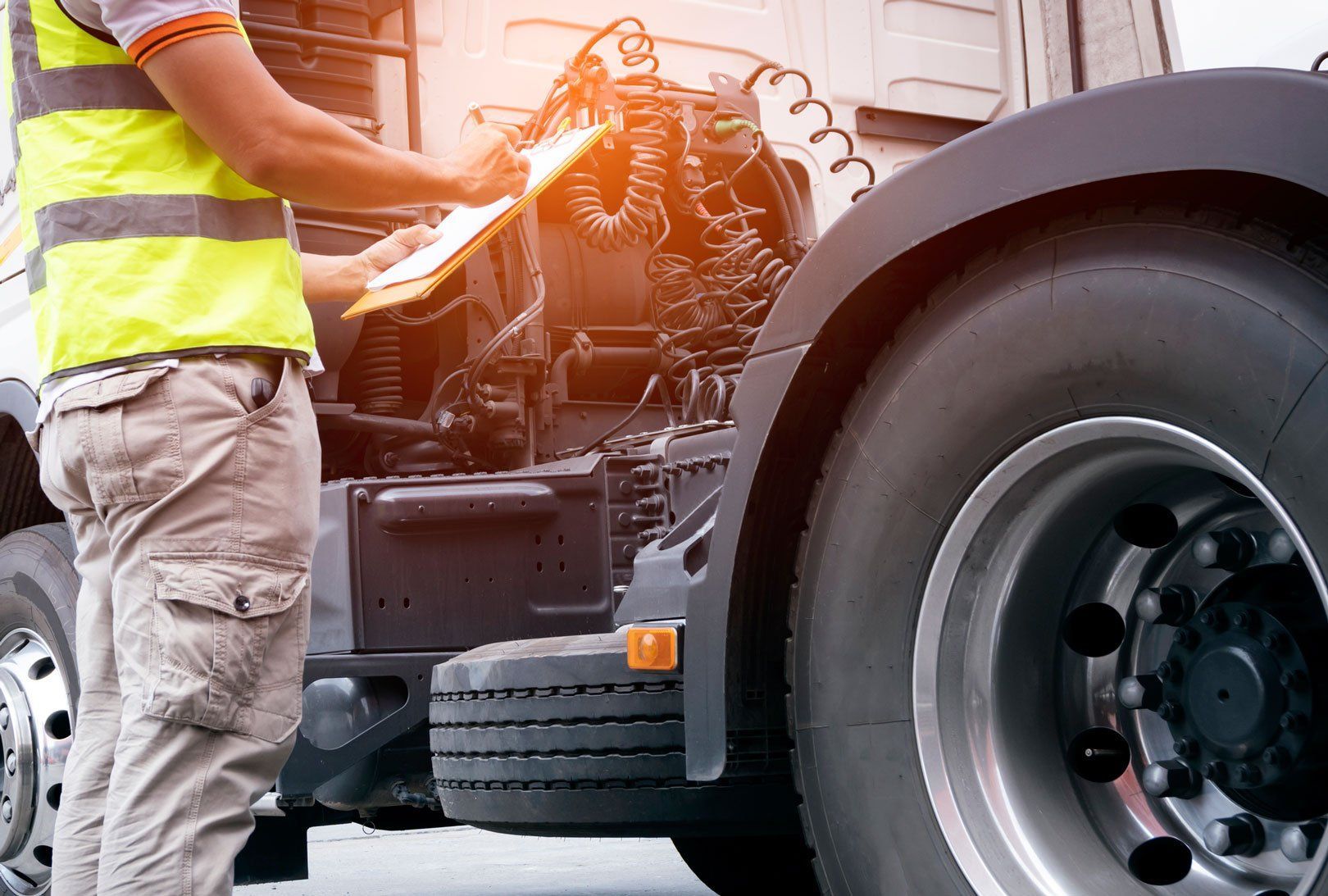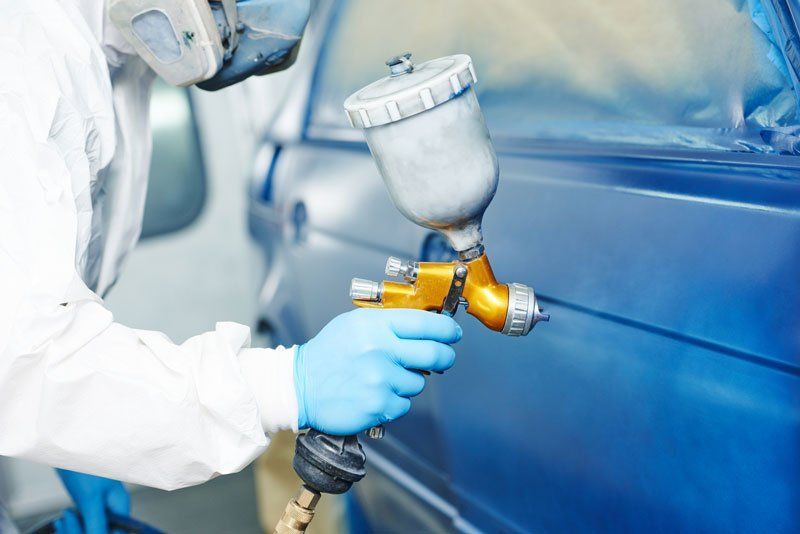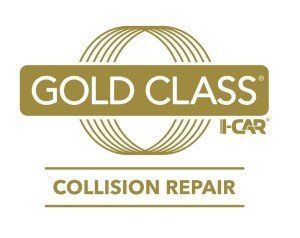SALTWATER AND RUST: UNDERSTANDING THIS OCEAN-SIDE CAR PROBLEM
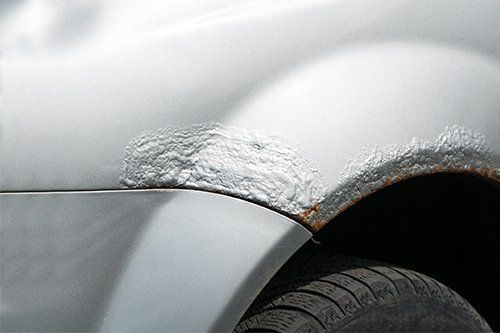
People who live near the ocean have the advantage of beautiful weather, fantastic swimming opportunities, and much more. Unfortunately, these individuals may also suffer from an increased risk of rust on their cars due to the high level of saltwater in the area. So if you live near an ocean and experience rust on your car, you need to understand this problem and how to treat it.
Saltwater Speeds Rust Spread
Rust is the result of an electrochemical process that happens very slowly and on a molecular level. Iron, on its own, will eventually rust a little, but exposure to a variety of various elements will increase this corrosion speed. For example, heavy exposure to water speeds up the molecular process and causes rust to spread even further.
While most people probably know that water increases rust spread and decay, those who live near oceans may not fully understand the increased dangers of saltwater. Salt is also a conductor that increases the speed of rust, as saltwater boosts the rate of electron movement in any liquid.
Rust Dangers Vary
While the risk of rust is more persistent with direct vehicle exposure to saltwater, the evaporated saltwater vapors that float through the air near the ocean may also cause an increased risk of rust. This problem increases the closer you live to the sea, due to a higher concentration of saltwater.
Even worse, salt triggers other types of corrosion that water does not accelerate on its own. For example, saltwater that contacts aluminum or iron creates a kind of battery that further accelerates the speed of corrosion on your vehicle. And salt on its own has a sharp surface that can easily break apart the exterior paint of your car and increase the speed of rust.
Rust Prevention Can Help
The danger of rust on your car means that you must take high-quality rust prevention very seriously. If you see rust developing, even on small spots on your vehicle, you need to act quickly. Use spot repairs for minor instances of rust on a car or to reverse the spread of rust across the surface of a car or even a boat.
The first spot repair technique requires applying one of two types of acid: citric or acetic, both of which you apply directly to small dots or rust on your metal. Citric acid comes from lemon juice, while acetic acid is vinegar. Use these acids on your rust before it gets too severe, and you can decrease the range of its spread across your metal.
You can also spread a salt and lime mix on you rust to decrease its spread and break apart much of its buildup. Spread salt on top of the rust and then add lime juice on the salt. The lime juice stops the salt from corrosion and will, instead, break apart surface rust and make it easier to wipe or scrape away with a rag or a brush.
Professional Help May Be Necessary
While DIY rust prevention may help minor cases of corrosion, more severe issues need professional help. High-quality auto body experts can pinpoint where your rust begins and will then work hard to remove corroded metal from your vehicle and keep it safe.
So if your car suffers from excessive rust and you want to ensure that it stays strong for years to come, please don't hesitate to contact us at Cambron Body Shop as soon as possible to learn more. Our professionals can help address your rust issues or fit your car with rust-free parts to enhance its structure. Call us today.


